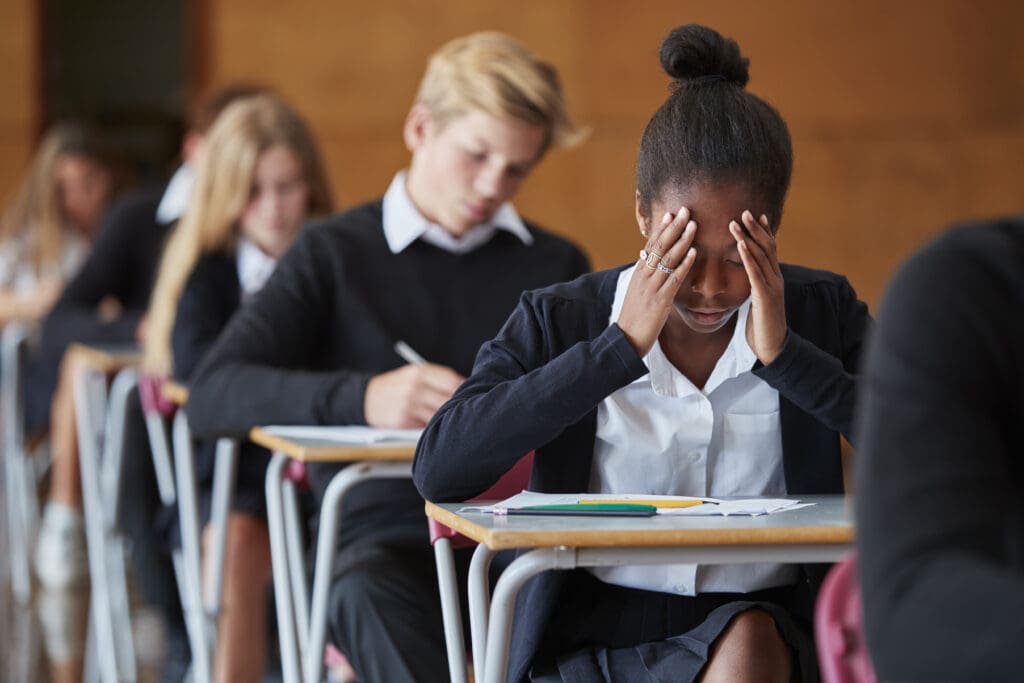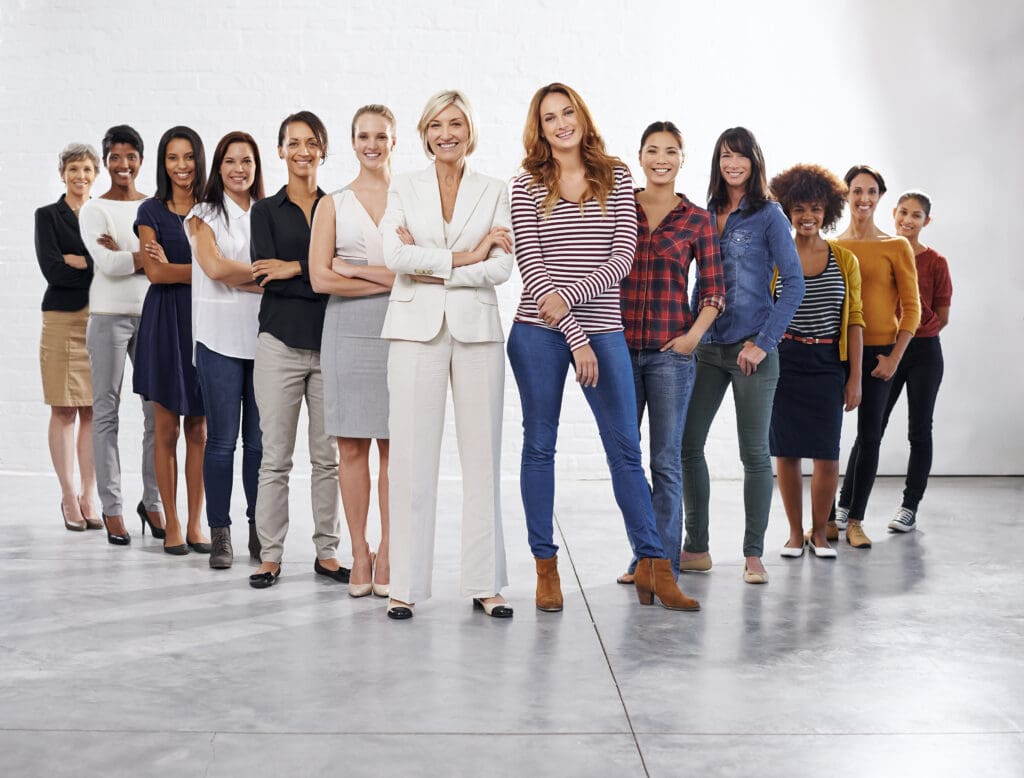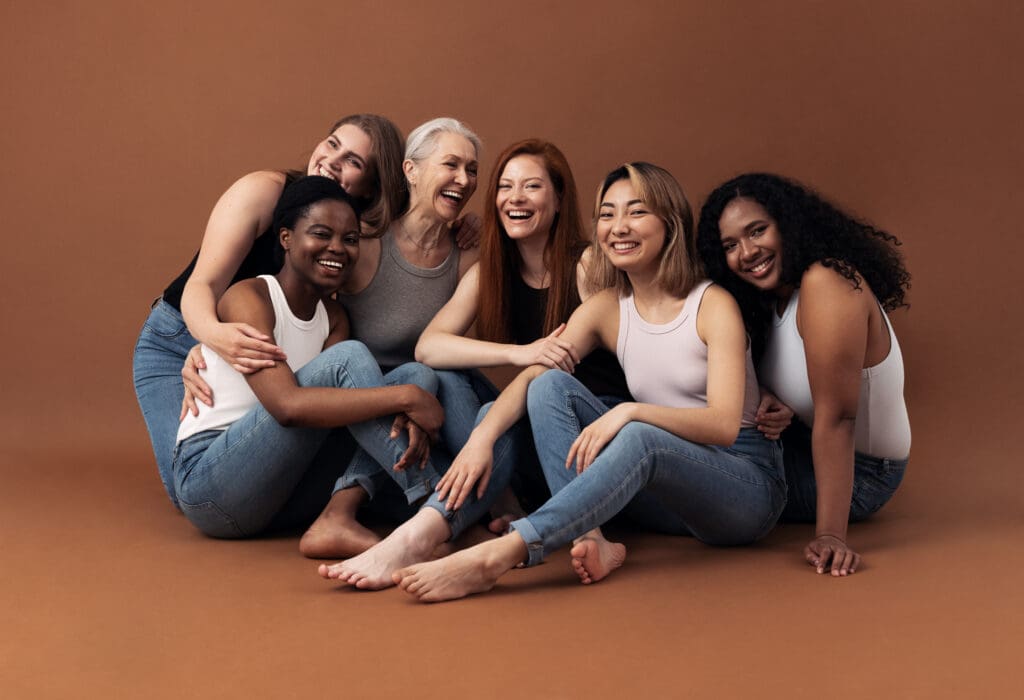Introduction
Period poverty affects millions worldwide, limiting access to menstrual products, education about menstruation, and safe, hygienic spaces in which to use period products. It’s not just a health issue but a significant barrier to education, equality, and empowerment for women and girls.
Understanding Period Poverty
Period poverty is multifaceted, involving not only the affordability and availability of sanitary products but also societal stigma and lack of education about menstrual health. This issue is prevalent globally, from high-income nations where the cost of period products places a strain on individuals, to low-income countries where the lack of access is compounded by cultural taboos.


The Impact
The consequences of period poverty are far-reaching. Girls missing out on school due to a lack of access to period products is a common issue, leading to a significant impact on their education and future opportunities. The stigma surrounding menstruation also exacerbates feelings of shame and isolation during their periods.
Efforts to Combat Period Poverty
Globally, initiatives are underway to tackle period poverty. Governments, NGOs, and social enterprises are working to ensure that menstrual products are available and affordable. Educational programs aimed at demystifying menstruation and promoting menstrual hygiene are increasingly common, aiming to break the cycle of stigma and misinformation.


Legislative Actions
Several countries have taken legislative steps to combat period poverty. For example, Scotland became the first country in the world to make period products free for all who need them, setting a precedent for other nations to follow. Other governments have reduced or eliminated the “tampon tax,” recognising menstrual products as essential goods.
The Role of Education
Education plays a crucial role in addressing period poverty. By integrating menstrual education into school curricula, societies can normalise menstruation, reduce stigma, and empower individuals with the knowledge to manage their menstrual health effectively.


Call to Action
The fight against period poverty requires collective action. By supporting policies that ensure free or affordable access to menstrual products and promoting educational initiatives, we can make significant strides towards menstrual equity.
Conclusion
Period poverty is a pressing global issue that demands attention and action. Through collaborative efforts, we can ensure that everyone who menstruates can do so with dignity, without educational interruption or financial burden.
Eve: Empowering Women Beyond Luxury
Joining Hands for Change
With every box, we’re proud to support initiatives combating period poverty, ensuring that access to menstrual products isn’t a privilege but a right. Dive deeper into how Eve is contributing to a future where menstrual health is prioritised, stigma-free, and environmentally conscious.





